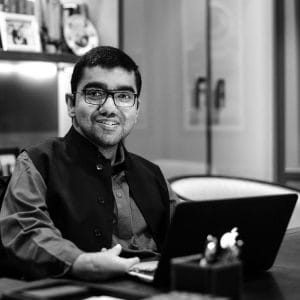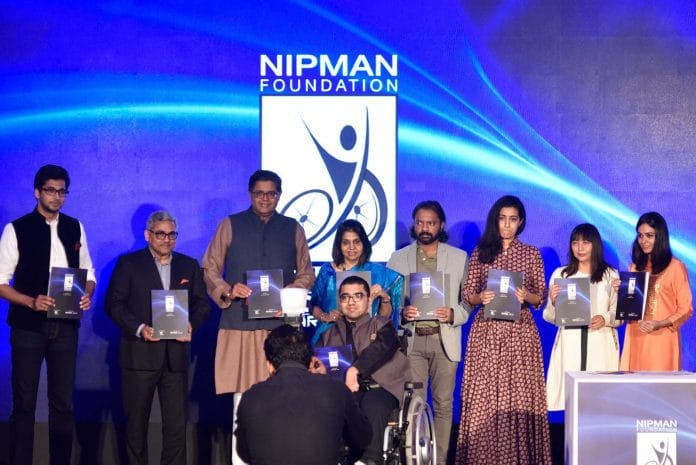The Nipman Foundation Equal Opportunity Awards were launched in 2014, and has fast become a platform to recognise and reward private sector companies that not only promote employment of persons with disabilities (PwDs), but also remove all physical and attitudinal barriers encouraging them to flourish.

On the eve of the 2017 edition of the awards, Nipun Malhotra, founder and CEO of the Nipman Foundation, speaks about the work done by his organisation and its goals. Excerpts from an interview with ThePrint:
What was the moment you realised that a foundation like yours was needed?
One company asked me if I can sit on a wheelchair for eight hours through the day and wanted to physically test that. A second company made me go through seven rounds of interviews and then realised that they do not have a disabled-friendly toilet and so they cannot hire me. They said it’s just safer not to take the burden of hiring a person with a disability. And when they used the word ‘ burden’ it really hurt me of course, because I think people with disabilities can be assets and not burdens.
What did you hope to achieve with the awards?
We wanted to highlight these examples to motivate other companies to hire people with disabilities. There’s a very inspiring story of a company called Sunrise Candles from Pune that won the award last year. It was started by a blind man who realised that blind people have a strong sense of scent, so why not use them to make candles? These awards have become one of the biggest platforms for companies like these.
Has the private sector been responsive to your initiative?
This year we saw a 300 per cent increase in applicants compared to last year. The Right of Persons with Disabilities Act 2016 also talks about every company having an equal opportunity policy for PwDs. In the past 10 months I haven’t seen too many companies doing that, but I also think the onus is on the disability sector to pressure companies, and also the relevant ministries to ensure that the companies follow that.
What impact can we have on ground-level discrimination once a PwD has been hired?
If you’re really good at something, the disability is just a constraint that generally goes away if the organisation gives proper opportunities. The winners we are selecting for the awards are not just companies that are filling in the numbers by saying ‘we have 50 or 100 disabled people,’ but organisations that are making the institutional changes to encourage employment and career development of PwDs.
What have your main challenges been?
One of the main challenges is that unlike other communities PwDs are not ghettoised under one minority group, it’s dispersed. I often say that in an electoral system in India, PwDs are not really taken seriously. And secondly, because India is so inaccessible to people with disabilities, it’s the chicken and the egg problem — because people with disabilities are not out in the open, the government feels they don’t need to take them seriously, and because the government doesn’t take them seriously, infrastructure stays bad, and that’s why they’re not visible.
What role can the media play?
There needs to be a lot of reporting on policy and disability too. I can’t think of a single media organisation today, whether it’s digital, print, social media platform, anything, that has a disability beat in that sense.
The Nipman Microsoft Equal Opportunity Awards and the Monster Panel are to be held Thursday. ThePrint is a media partner for the event.







An important issue that needs greater focus from all members of society,including but not limited to, government, industry, and individuals. Smart cities wont be smart if they neglect making them accessible and safe for people with special needs. Wonder if they have incorporated that in their planning?